News
The Impact of Cryptocurrency Volatility on Online Gambling
ChainPlay
•
5 months ago
Share :

Their volatility is a double-edged sword, as digital assets redefine the iGaming world. Both crypto casinos and players must navigate a situation where swinging prices can significantly change the game experience.
Cryptocurrencies and internet gambling have increasingly converged due to their decentralized attributes and the ability of digital currencies to make borderless transfers readily available worldwide. Cryptocurrency gambling sites have emerged as the leading operators in this direction, allowing users to play anonymously, instantly and without bank delays.
However, while crypto integration in online casinos provides convenience and swiftness, it also creates a new type of risk: volatility. The value of such digital currencies as Bitcoin and Ethereum can fluctuate within wide margins over short periods, affecting the operators and participants alike in the ecosystem. The unpredictability creates significant concerns about user behavior, platform stability and sustainability in the long term.
A case in point is the popularity boost of the crypto casino in USA markets, where users take advantage of the availability of decentralized tokens. However, with every fluctuation in BTC or ETH, the value of their bankroll can change wildly, sometimes before the gaming session is over.
How Volatility Impacts Bets
Crypto volatility means the same coin can have different values within a day. This adds levels of complexity over fiat wagering for gamblers. Suppose a player puts in 0.01 BTC when it costs $600. Suppose the value rises to $800 halfway through the game. The buying power in their account increases, though the opposite is much more typical and impactful.
For them, this creates a two-level risk behavior. Not only are they wagering the game's outcome, but they are also exposed to the forces of the marketplace outside the casino walls. They must constantly weigh whether their crypto is more valuable, staked in a game or left in a wallet when the market increases.
This two-way exposure can also exacerbate addiction and loss-chasing behavior where crypto price declines coincide with losses in the game. Providing more thrills also makes responsible gaming efforts more complex, especially where platforms are not built with the tools to manage volatility.
Managing Token Risk and Stability
On the other side of the equation is crypto volatility. Crypto can be disruptive to operators, too. Online casinos hold player funds in crypto and constantly value their reserves. An unexpected drop in the value of Bitcoin could devalue player deposits overall and impact both profit and payout margins.
Part of the effort to meet this need is testing the integration of stablecoins. Tokens such as USDT, USDC and DAI have a dollar-pegged value, providing users and platforms with a more predictable substitute. They reduce the risk of sudden valuation fluctuations while giving the benefits of blockchain-based crypto payments.
However, not all crypto casinos are hasty about embracing stablecoins. Speculative crypto trading lures some users who use gaming as a larger investment strategy.
Strategic Timing and Market-Driven Play
Volatility also influences player behavior. Most users wait for low market points to deposit and bet in hopes of gaining value after withdrawal. Others withdraw winnings to external wallets and HODL instead of immediately exchanging them for fiat cash.
This gamification of asset management does more than have people play casino-style games—they're monitoring market movements and wagering based on price charts. It adds a strategy factor missing from fiat-based gambling and appeals to a niche but expanding community of crypto-informed gamblers.
They are profitable to some, while they result in a losing spiral driven by ill-timed judgment for others. As the convergence between trading and gaming becomes more pronounced, it is increasingly complex to differentiate investment from play.
Regulatory Gray Areas and Volatility Risk
Crypto casino legality is spotty worldwide and further muddied by the volatile currency. The U.S. is a case in point with its fractured system, in which a few states are looking to make digital gambling legal while others are resolutely opposed to it.
Regulators are most concerned with the volatile value and its impacts on problem gambling. Unlike traditional currencies, no central entity manages value stabilization or backup deposits. This decentralized setup shifts the responsibility of educating users further towards operators, implementing risk tools and the possibility of limiting deposits in situations where the value is highly volatile.
As governments examine the crypto-gambling nexus more intensely, they will increasingly focus on volatility in policy-making.
What the Future Holds
The future for crypto gaming is both bright and risky. On the one hand, blockchain's transparency, security and expediency make it the perfect platform for online gaming. On the other hand, the volatile position of digital currencies still presents hurdles that fiat-based sites do not encounter.
To progress responsibly, crypto casinos must manage their volatility more effectively through stablecoins, provide more transparent risk disclosure and incorporate real-time value monitoring in their user interfaces. However, players must also become more aware of game principles and what the crypto market might do to every gaming choice.
The development of the crypto casino in the USA market will rely upon balancing stability and innovation. Volatility is still the inescapable aspect of the game and will continue to reshape the online gambling world with each market fluctuation.
Share this article
#Other
Latest News
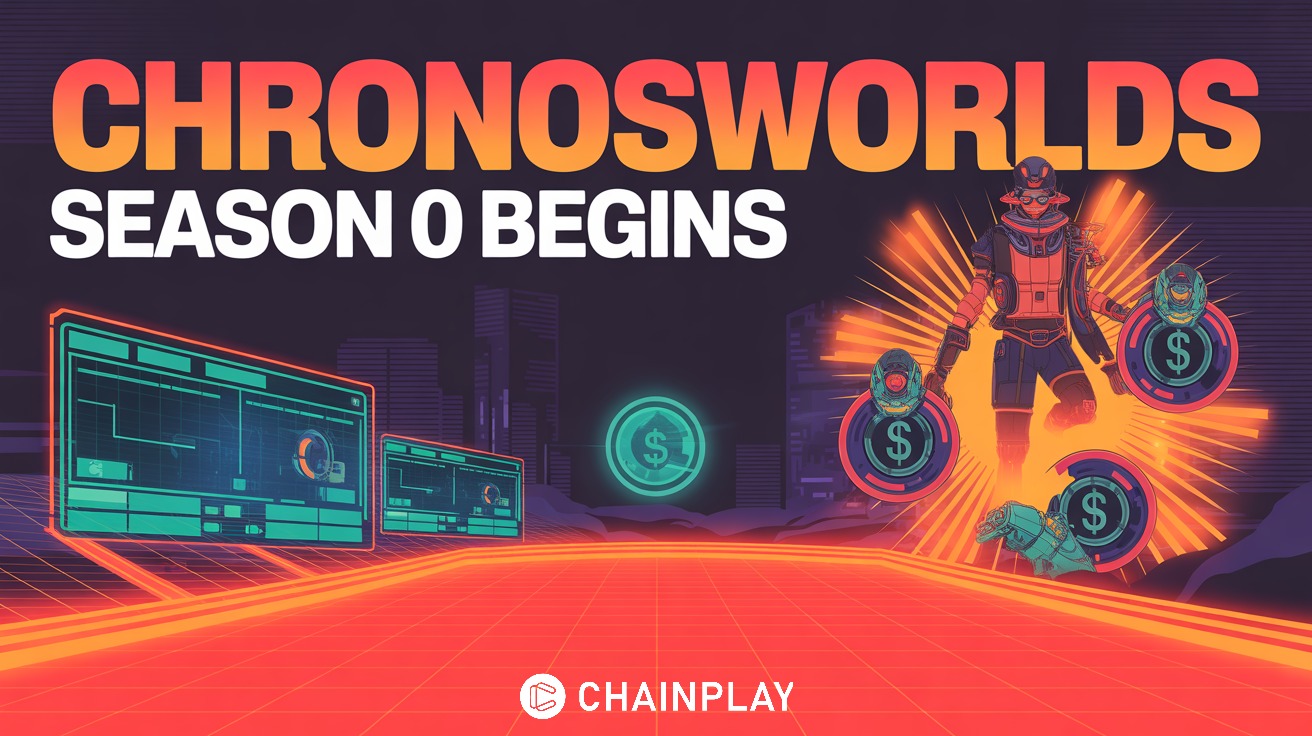
Enter ChronosWorlds Season 0 and Win $SPHR Rewards
20 hours ago
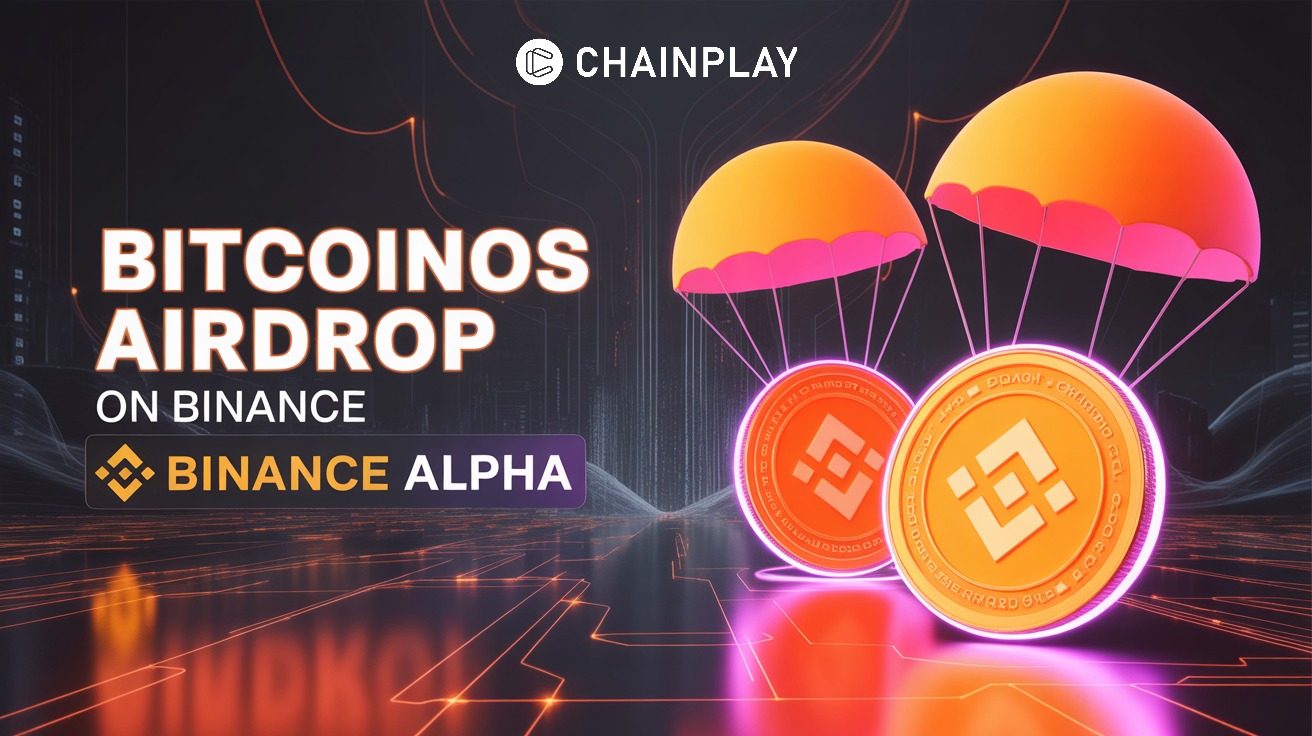
Binance Announces BitcoinOS (BOS) Alpha Launch and
22 hours ago
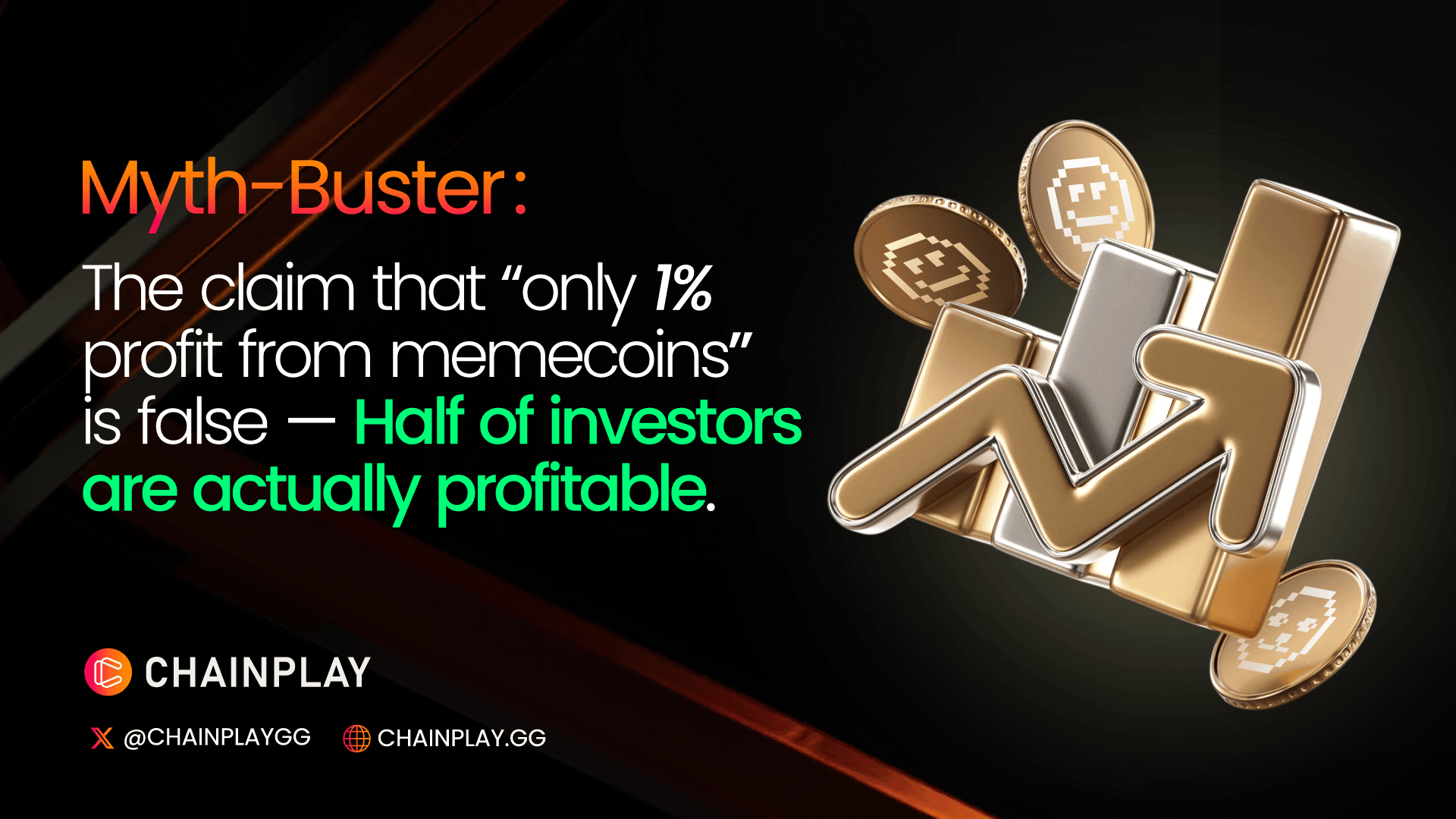
Myth-Buster: The claim that “only 1% profit from memecoins”
yesterday
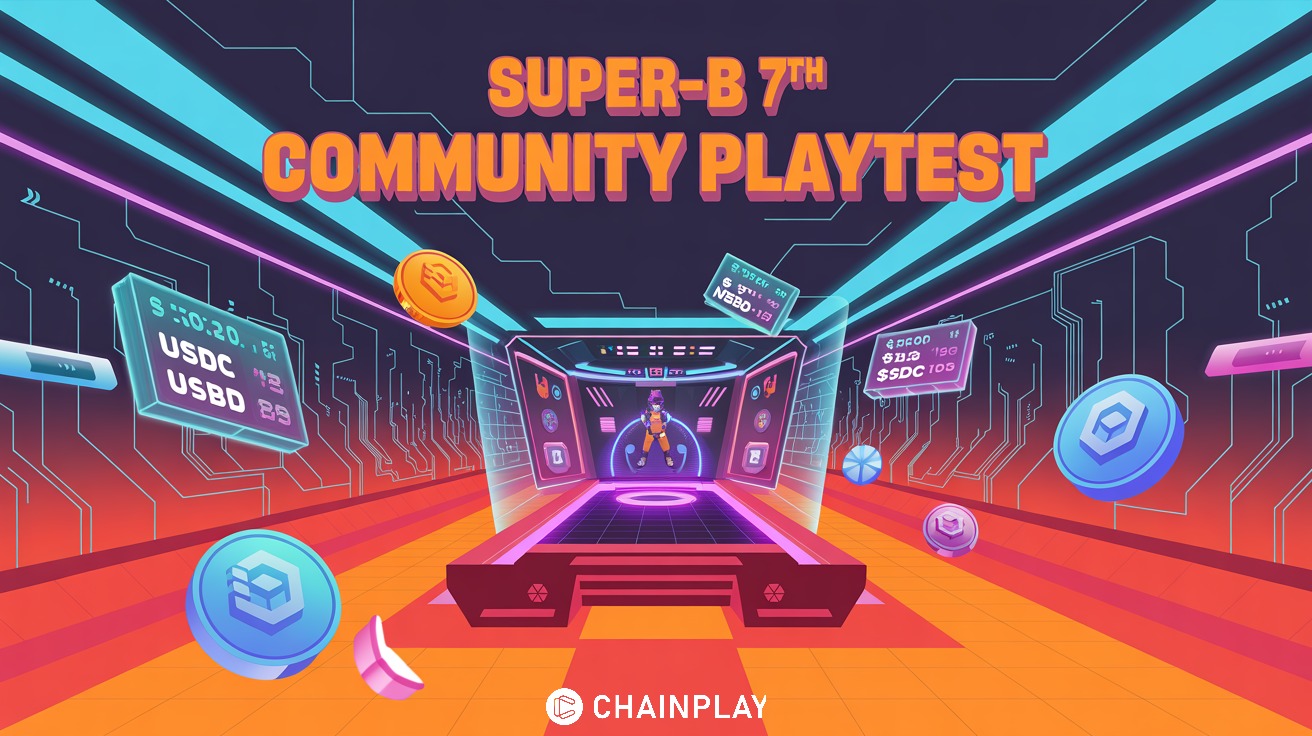
Super-B Launches New Playtest with $BITE Airdrop Incentives
2 days ago
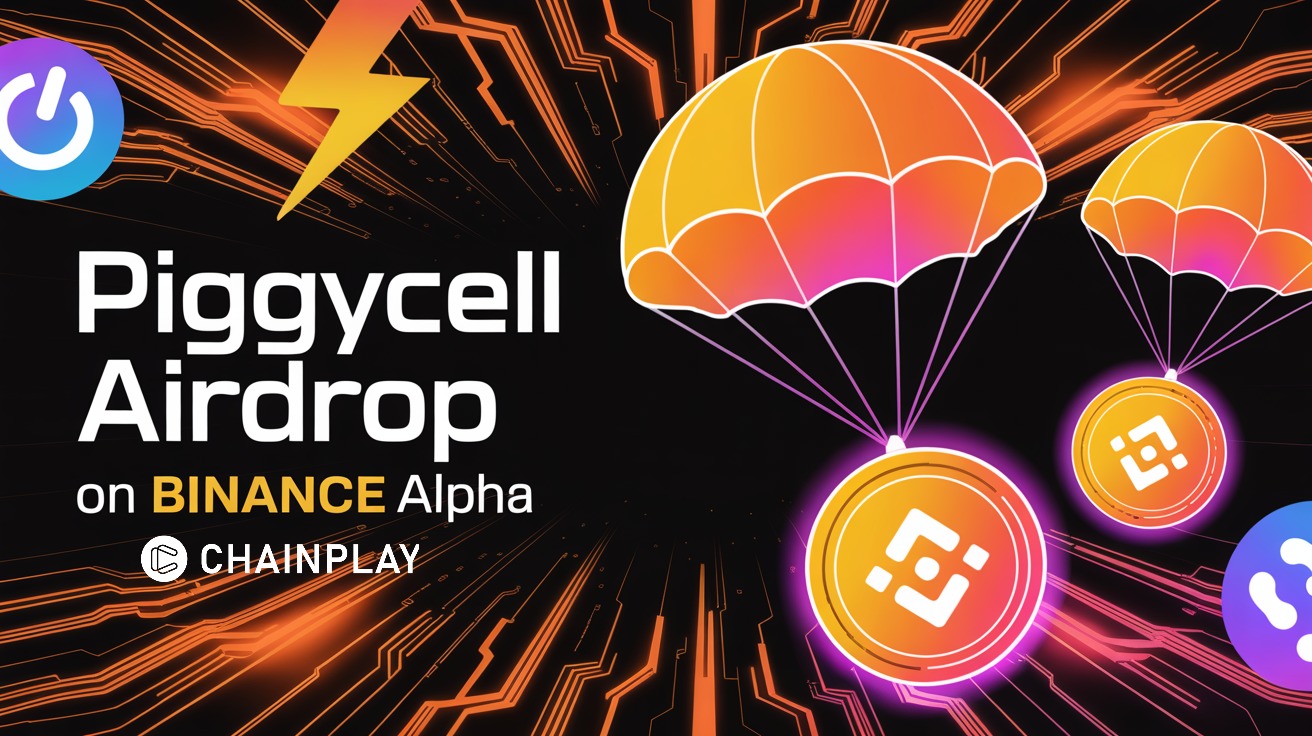
Binance Announces Piggycell (PIGGY) Launch and Alpha
2 days ago
Related articles

Nearly half of memecoin traders are actually profitable, reshaping how investors view this high-risk corner of crypto. The line between speculation and real strategy is fading fast. Check out the full study to know how
ChainPlay
•
yesterday

Binance will be the first platform to support BitcoinOS ($BOS), the ZK-powered Operating System for Bitcoin. Binance will launch a first-come, first-served airdrop for eligible users to claim free $BARD with 15 Alpha Points on October 29, 2025.
ChainPlay
•
22 hours ago

ChronosWorlds Season 0 runs Oct 30–Nov 14 with leaderboards, rewards, and NFT boosts. Join with a discounted pass to earn $SPHR and USDC prizes.
ChainPlay
•
20 hours ago



